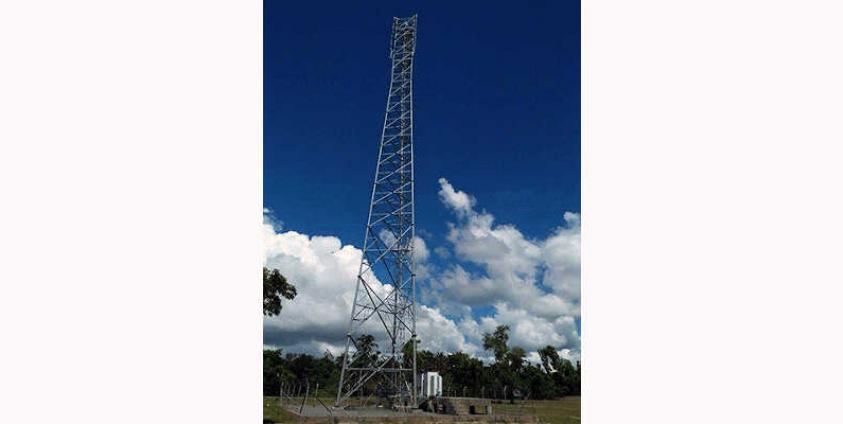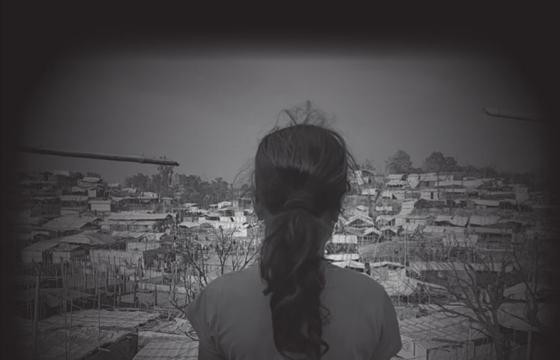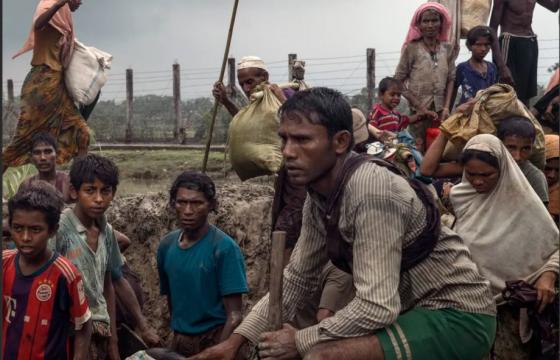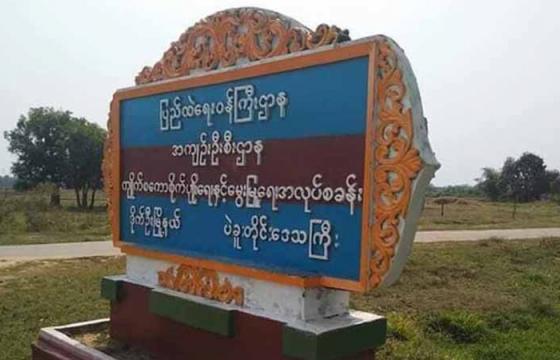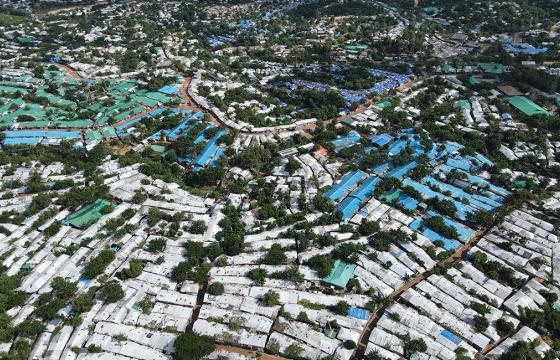The Norwegian contact point of the Organization of Economic Cooperation and Development (OECD) has decided evidence warrants a formal investigation into whether Norway’s state-owned telecom company-Telenor, has violated OECD rules in the construction of a telephone tower in Alethankyaw village, Maungdaw township, northern Rakhine State during the Burma Army’s brutal “clearance” campaigns in 2016 and 2017.
Rohingya from Alethankyaw village allege that Burma government security forces used a local Telenor cellular network tower to shoot at Rohingya men, women and children fleeing from the village during the last week of August 2017. The high tower platform provided the Burmese forces with a unique strategic location to shoot at and terrorize Rohingya villagers over a wide radius in the sprawling village.
It is also alleged that some of the over one hundred Alethankyaw residents killed during the operation were disposed of under the Telenor telecom tower.
Survivors of these atrocities, now sheltering in the world’s largest refugee camp in Bangladesh, submitted a complaint to OECD in the name of the Committee Seeking Justice for Alethankyaw (CSJA) in December 2019. After a prolonged initial assessment, the case was formally accepted by the Norwegian contact point on October 28, 2020.
In their complaint, CSJA maintain that Telenor managers were already well aware of the risks of operating in northern Rakhine under the government’s repressive security apparatus. In 2016, Telenor pulled out all their staff from Alethankyaw during preliminary “clearance” operations by the Burma Army, involving mass rape, torture and killing, and causing over 70,000 Rohingya to flee to Bangladesh.
Despite these atrocities, Telenor returned to continue construction of the Alethankyaw tower in 2017, when government security forces unleashed even deadlier “clearance” operations across northern Rakhine, slaughtering thousands, and driving over 700,000 out of the country.
CSJA maintains that Telenor’s failure to heed the clear signs of escalating state-sponsored violence against the Rohingya violated OECD guidelines of “due diligence.”
According to the OECD Norway website ( https://www.responsiblebusiness.no/committee-seeking-justice-for-alethan...), there is sufficient evidence for the investigation to proceed, as “The complaint is material and substantiated by fact-finding reports.”
CSJA committee chair, Ramat Ullah, welcomed OECD’s launch of the investigation. “We just want to see justice done for the massacre victims. The role of Norway’s company must be made clear and they must be held accountable.”
The initial assessment also revealed that Telenor had leased the Alethankyaw tower from the Irrawaddy Green Towers Company, Burma’s largest independent telephone tower company, whose investors include the governments of the UK, France, The Netherlands, Austria, Germany and Belgium, as well as the World Bank’s private sector arm, the International Finance Corporation.
As noted in the assessment, Telenor does not contest the facts that the Burma Government security forces used its tower to commit the atrocities, but maintains that these acts were outside its responsibility.
Telenor has called for the Burmese authorities to investigate the atrocities, despite the clear failure of the domestic justice system to hold high level security personnel to account – the very reason why the Rohingya genocide case is now being heard at The International Court of Justice.
Information on the Alethankyaw atrocities was first made public in the 2018 report “The Killing Fields of Alethankyaw” by Kaladan Press, and reported on in 2019 by then UN Special Rapporteur, Yanghee Lee, who stated “use of the towers by snipers highlights the paramount importance of thorough and ongoing human rights due diligence being undertaken by companies and investors” [in Burma].

